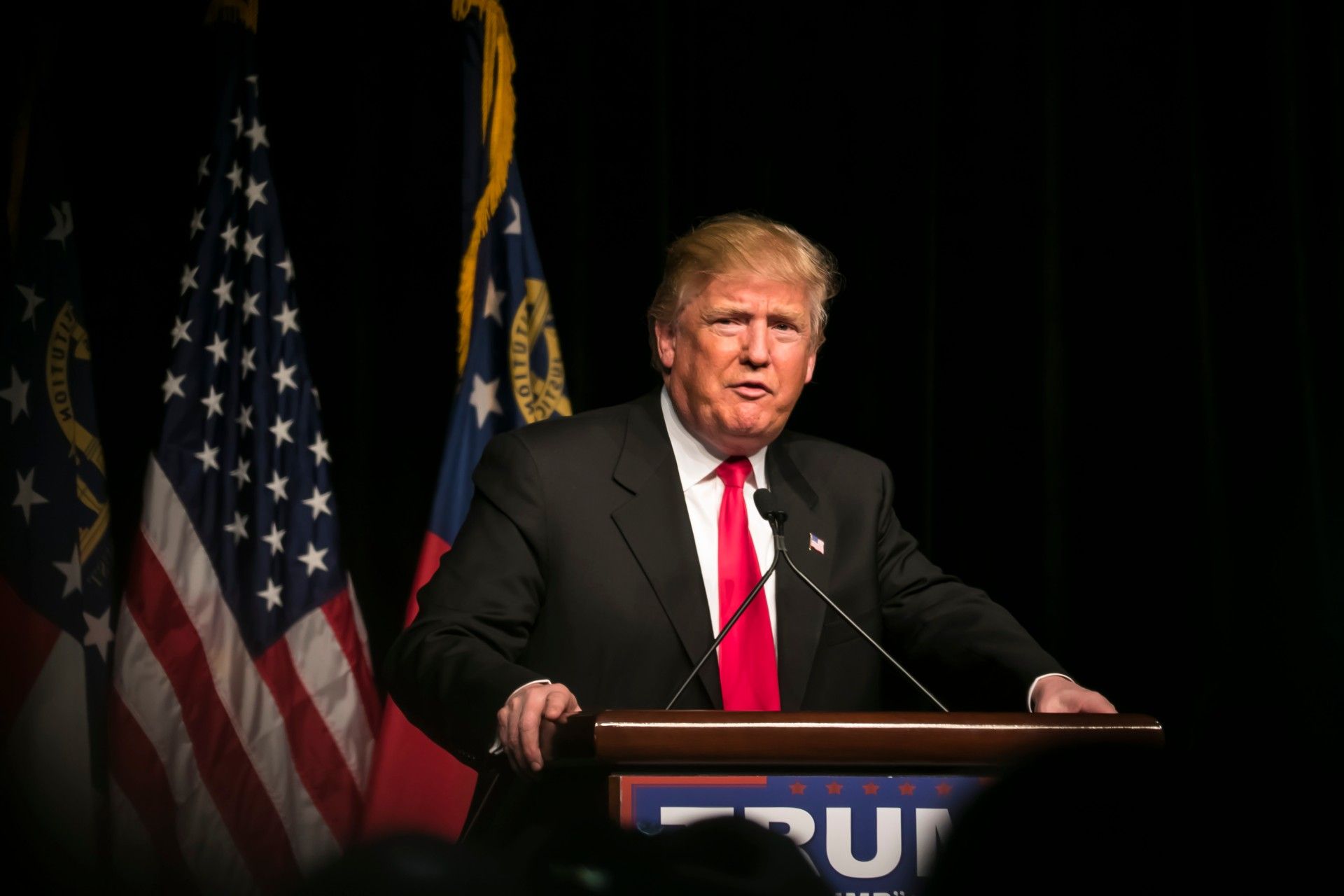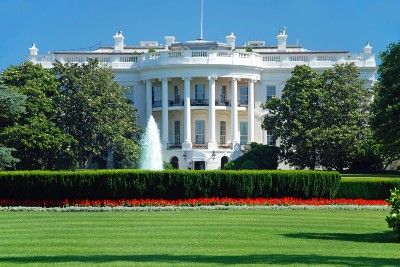Top Class Actions’s website and social media posts use affiliate links. If you make a purchase using such links, we may receive a commission, but it will not result in any additional charges to you. Please review our Affiliate Link Disclosure for more information.
Plaintiffs representing fair housing and anti-discriminatory interests are challenging President Donald Trump’s executive order banning diversity and anti-bias training in the federal workplace.
The National Urban League and the National Fair Housing Alliance’s class action lawsuit against the president and the Department of Labor claim an executive order signed in September was instated “to undermine efforts to foster diversity and inclusion in the workplace.”
“With the enforcement of the Order, Plaintiffs and more than 100,000 other federal contractors and grantees will be denied the right to free speech, one of the most fundamental rights in our democratic system,” the plaintiffs assert in the complaint.
Executive Order 13950 bans federal contractors, subcontractors, vendors and federal grant recipients from teaching so-called “divisive concepts” in new-hire training and other professional development curriculum.
These divisive concepts are vaguely written, according to the plaintiffs, but are somewhat defined in the executive order as being any kind of speech that causes someone “discomfort, guilt, anguish, or any other form of psychological distress on account of his or her race or sex.”
Both the National Urban League and the National Fair Housing Alliance believe beyond dispute that the U.S. has “embraced a narrative of white supremacy” historically and assert an importance in teaching that reality.
The complaint lists Supreme Court decisions made in the past to support this claim, citing Scott v. Sanford, Bradwell v. Illinois and Bowers v. Hardwick as cases that upheld discriminatory practices in the U.S. in the past.
In each of those cases, the complaint contends, a minority group was subjected to discrimination.
“The Supreme Court of the United States has since discredited these racist, sexist, and homophobic views, and our Nation has made significant progress in recognizing and enforcing the equal rights of people of color, women, and LGBTQ individuals,” the plaintiffs said.
The executive order would prevent the National Urban League and the National Fair Housing Alliance and other groups from acknowledging systemic racism and implicit biases, the lawsuit claims.
While Trump refers to these programs as divisive, the plaintiffs contend diversity programs are “widely-accepted, historically based concepts that have been used for years in trainings and programs across the country in corporate, public sector, and educational settings.”
The plaintiffs say the intent behind the executive order is not to address stereotyping but rather to advance the chief executive’s opinion.
The executive order “imposes the inaccurate and ahistorical viewpoints of the Trump Administration on federal contractors and grantees simply because President Trump disagrees with the Protected Speech,” according to the lawsuit.
A timeline of how the executive order was created is laid out in the complaint, alleging the move came about as a “reactionary effort by the Trump administration” following nationwide protests and the rise of the Black Lives Matter movement this summer.
The plaintiffs point to an executive order signed following the death of George Floyd and the subsequent protests.
On July 3, President Trump signed an executive order promising a National Garden of American Heroes that would be filled with monuments toppled during the uprisings.
They also describe how a few tweets and a Fox News appearance by conservative think tank director Christopher Rufo about a specific diversity training spurred the executive order at the subject of this lawsuit.
Rufo took issue with a workshop he was mandated to attend called the White Men’s Caucus on Eliminating Racism, Sexism, and Homophobia in Organizations.
On Sept. 4 Rufo tweeted a call to action from the president, asking to “immediately issue an executive order abolishing critical race theory from the federal government,” according to the complaint.
On Sept. 17 at the inaugural White House Conference on American History, President Trump called The New York Times 1619 Project “toxic propaganda.” Three days later, Executive Order 13950 was signed.
The plaintiffs further claim the executive order is rife with unclear and undefined language.
The idea of divisive concepts is unclear and the prohibited act of “inculcating” is not explained, according to the complaint. The executive order doesn’t elaborate what it means “to treat others without respect to race or sex,” either.
The notion that an employer can somehow avoid making a person feel guilt or discomfort is similarly impossible to understand, the plaintiffs said.
Objective standards for enforcing this executive order aren’t established, either, according to the complaint.
“As with federal contractors, federal grant recipients are unable to discern what precisely would be a prohibited use of federal funds under EO 13950, thus risking their eligibility for federal grants,” the plaintiffs said.
The class action lawsuit goes on to detail pushback from national organizations after the executive order was signed.
Letters sent to the White House from the American Council on Education and the Chamber of Commerce both detailed the confusion and uncertainty the new rule would cause.
In response to these pleas, the plaintiffs allege the Trump administration only added to the confusion.
The Office of Management and Budget attempted to further clarify what was meant by “divisive concepts” but only muddled the notion further, according to the complaint, by adding terms like “critical race theory,” “white privilege,” “intersectionality,” “racial humility” and “systemic racism” in attempts to explain.
Later, the Office of Federal Contract Compliance Programs released a series of frequently asked questions on their website relating to the executive order, but the plaintiffs contend this just further complicated the matter.
“By denying the longstanding discrimination against people of color, women, and LGBTQ individuals, EO 13950 is an invitation for revisionism and retrogression on matters of truth and equality,” the plaintiffs said.
Formally, the plaintiffs are accusing President Trump and the Department of Labor of First and Fifth amendment violations and are seeking a permanent injunction and collection of related fees.
Are you a federal employee who has been affected by this executive order? Let us know in the comments below.
Counsel representing the plaintiffs in this lawsuit are Sherrilyn Ifill, Janai Nelson, Samuel Spital, Jin Hee Lee, Monique Lin-Luse, Ajmel Quereshi and Amber Koonce of the NAACP Legal Defense And Educational Fund Inc.
The Executive Order Class Action Lawsuit is National Urban League, et al. v. Donald J .Trump, et al., Case No. 1:20-cv-03121-APM, in the U.S. District Court for the District of Columbia.
Read About More Class Action Lawsuits & Class Action Settlements:

















One thought on Class Action Lawsuit Fights Trump’s ‘Divisive’ Executive Order Banning Diversity Training
Please add me